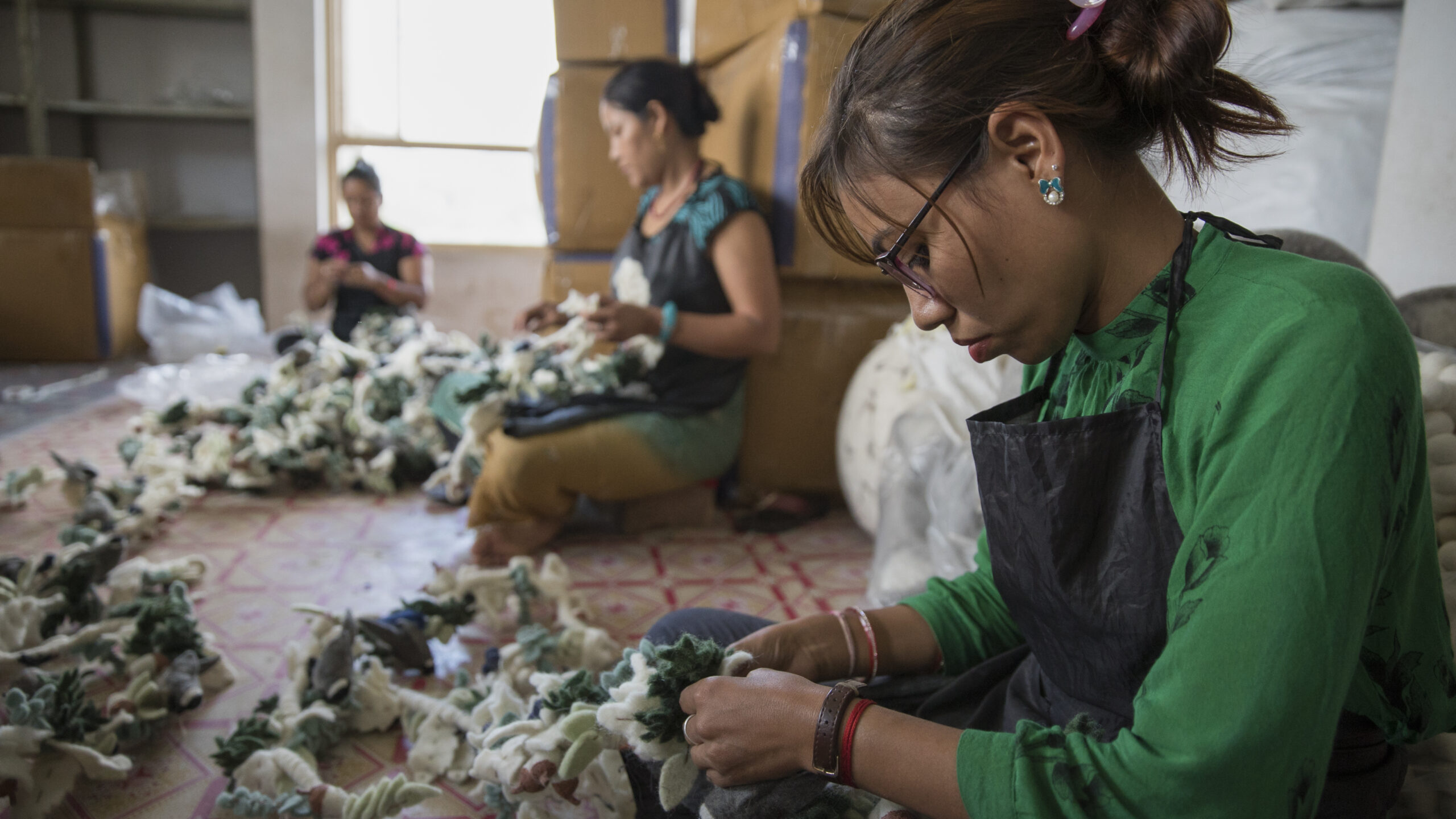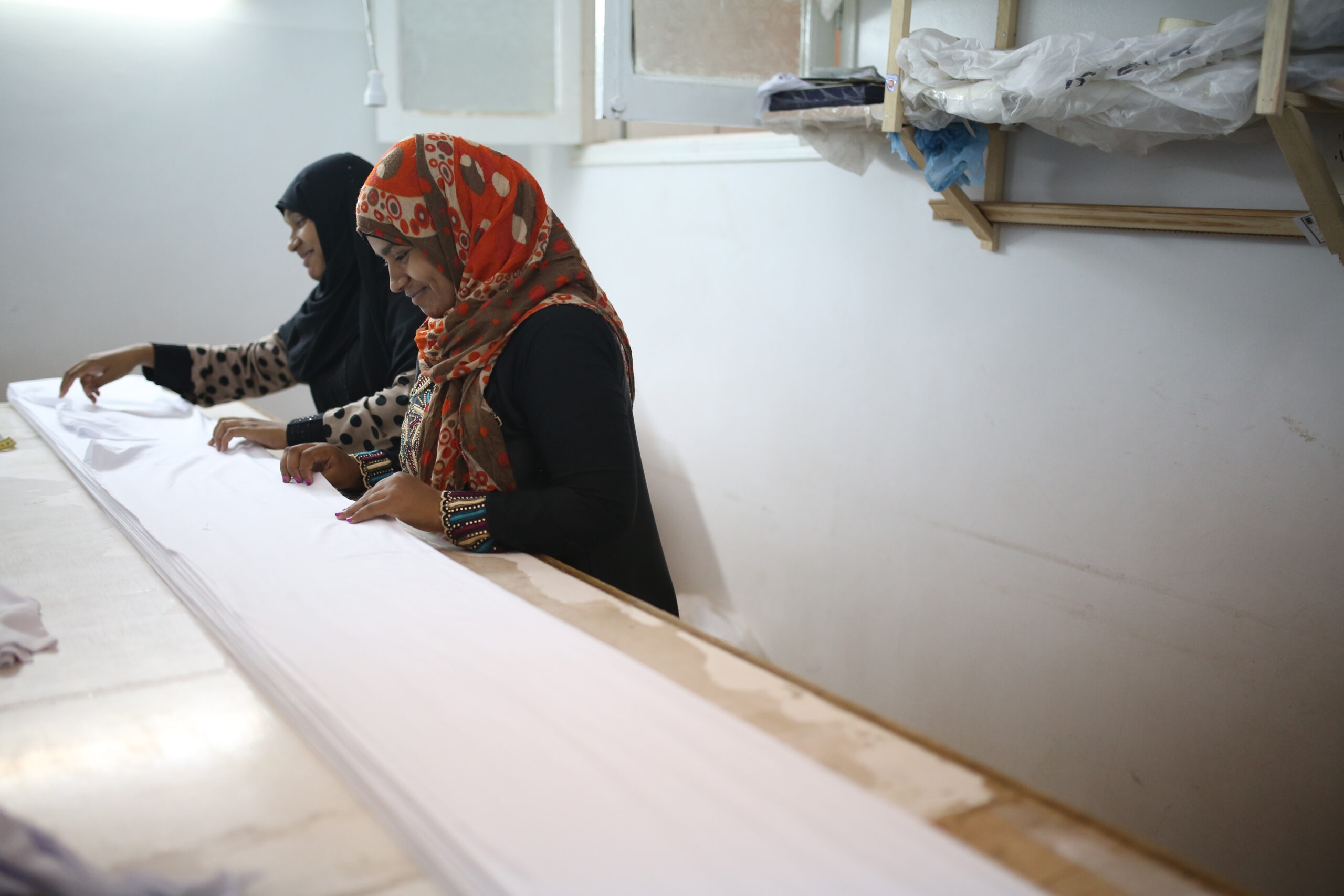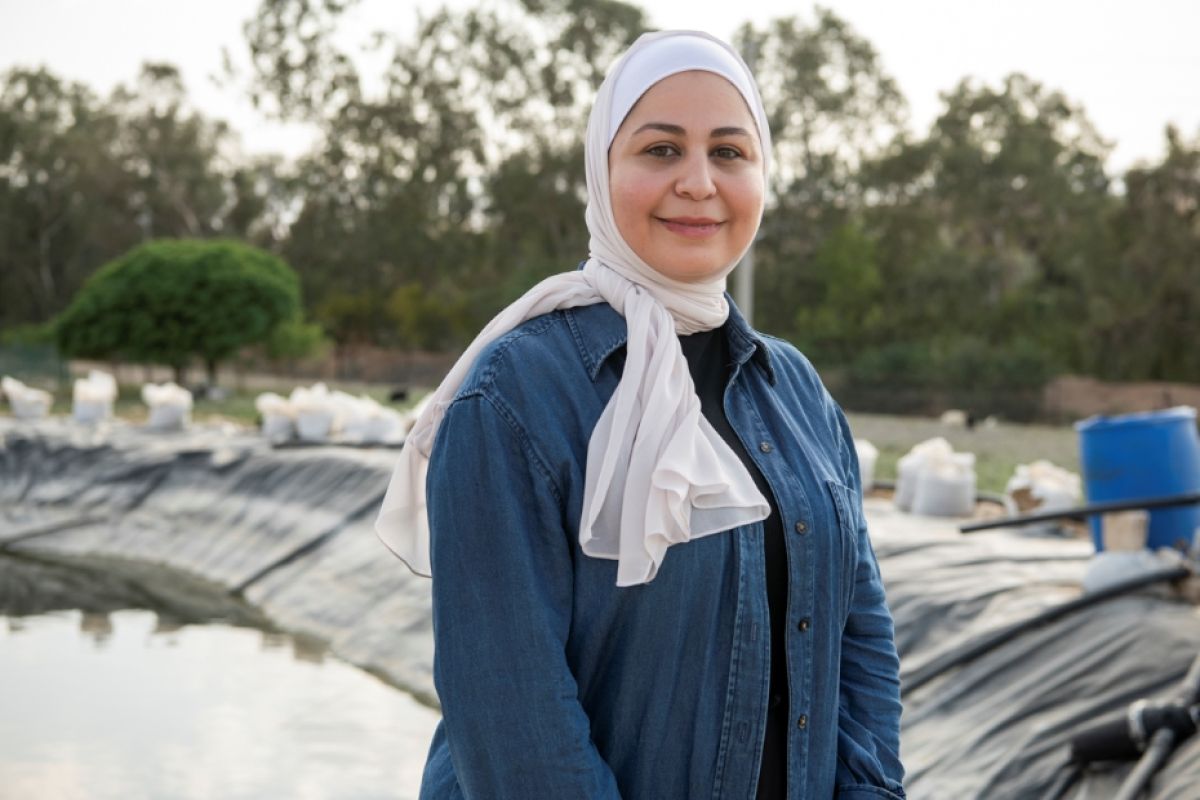'Women Stitch Handicrafts' by World Bank Photo Collection via Flickr (CC BY-NC-ND 2.0) https://flic.kr/p/QuyzXN

Clean Energy Brief: Global Clean Energy Policy and the Inclusion of Women and Youth
31 October 2024
This is a Clean Energy Brief.
The Summary
This Clean Energy Brief assesses the available evidence, opportunities, and challenges for the inclusion of women and youth, through micro-, small- and medium-sized enterprises (MSMEs), for global clean energy policy innovations. In this context, policy innovations are understood to be the actions and instruments which both support low-carbon energy (renewable and non-renewable) transitions, and disincentivise the use of fossil fuels. This is particularly significant where, to date, low-carbon energies have been additions to the global energy mix, rather than replacements for fossil fuels (Bell et al. 2020).
The brief was prepared for the Clean Energy for Development: A Call to Action (CEDCA) initiative’s February 2024 learning workshop in Nairobi, funded by the International Development Research Centre (IDRC) and hosted by the Institute of Development Studies (IDS) in their knowledge translation role. The initiative generates evidence to inform public policy reform and innovation to support clean energy transitions where women and youth play a key role. This brief is not a systematic review of the available literature; it is instead intended to serve as a discussion point for the researchers working on clean energy for development projects.
To read the full Clean Energy Brief, please click here.
Cite this publication
Cheeseman, K. (2024) Global Clean Energy Policy and the Inclusion of Women and Youth, CEDCA Clean Energy Brief 1, Brighton: Institute of Development Studies DOI: 10.19088/IDS.2024.039
Copylearning
Theme
Inclusion, Gender
Women’s leadership and innovative finance: Driving climate resilience and sustainable development
Thursday 20 November 2025
This panel, hosted as part of COP30, will explore how women’s leadership and inclusive financial innovation serve as powerful levers for climate resilience and sustainable development. The session will highlight concrete examples internationally, focusing on the intersection of gender equity, entrepreneurship, and climate action. Panellists: Adel Ben Youssef, Université Côte d’Azur – featured Clean Energy […]
Unlocking the Potential of Small and Medium Businesses and Entrepreneurs in the Clean Energy Transition
3 December 2025
This report highlights outcomes and recommendations from the T20 Side Event ‘Unlocking the Potential of Small and Medium Businesses and Entrepreneurs in the Clean Energy Transition’, held in Johannesburg on 17 October 2025. It presents seven recommendations for concrete steps to turn the G20’s green energy principles into practice, with South Africa’s presidency positioned as […]
Fostering an inclusive energy transition through micro, small and medium-sized enterprises
7 January 2026
Micro, small and medium-sized enterprises (MSMEs) are the main engine of economic growth in the Middle East and North Africa (MENA). The transition to a green economy represents both an environmental necessity and a significant economic opportunity for the region. However, without an intentional focus on gender, this transformation risks reinforcing existing inequalities, rather than […]



